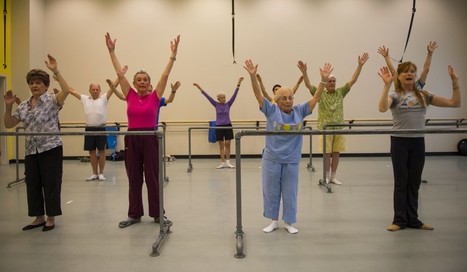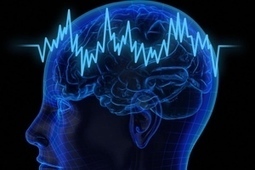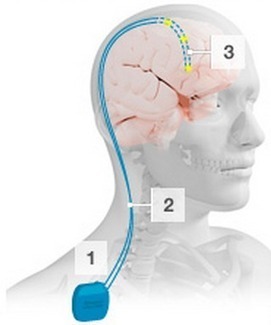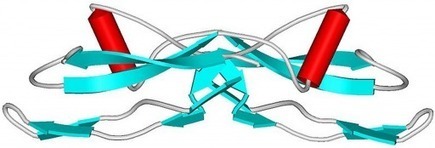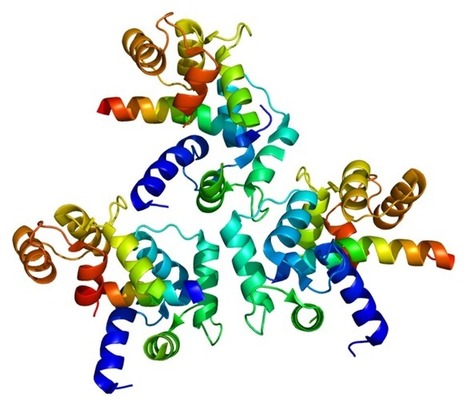Dance has shown short-term benefits for people with Parkinson’s disease.
Research and publish the best content.
Get Started for FREE
Sign up with Facebook Sign up with X
I don't have a Facebook or a X account
Already have an account: Login
Live longer in good health and you will have a chance to extend your healthy life even further
Curated by
Ray and Terry's
 Your new post is loading... Your new post is loading...
 Your new post is loading... Your new post is loading...
|

Brian Shields's curator insight,
February 16, 2013 3:15 PM
Some exciting news coming out of my alma mater, Emory University. The goal of this research is to "achieve a better prognosis for patients by identifying neuro-degeneration earlier", according to F. DuBois Bowman, PhD, the leader of the grant initiative. |




